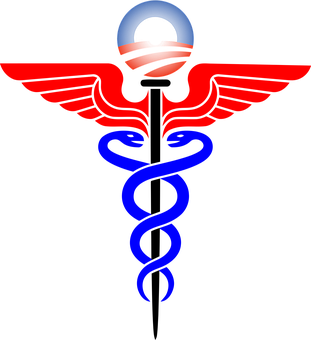
When the Affordable Care Act (i.e., the ACA or ObamaCare) was originally enacted in 2010, a number of lawsuits were filed contesting its constitutionality. Many people were opposed to the federal government stipulating that most Americans had to be covered by a specific form of health insurance or be fined. (The ACA also required large employers to offer a specific form of health insurance to a certain percentage of full-time employees or be fined.)
The Individual Mandate is the ACA provision requiring individuals to be covered by health insurance that meets specific requirements of federal law to avoid paying a penalty. Technically, the monetary penalty was ruled a tax imposed by Congress and, therefore, the Individual Mandate was deemed constitutional by the Supreme Court.
In 2017, the Tax Cuts and Jobs Act reduced the Individual Mandate’s tax penalty to $0. This meant that beginning January 1, 2019, Americans were no longer taxed if they were not covered by federally mandated health insurance. As one would expect, that law also spurred litigation.
Last month, a federal Appeals Court ruled that because the Individual Mandate’s tax penalty was reduced to $0, it could no longer be considered a tax based on the criteria established by the Supreme Court in earlier legislation. Since the Individual Mandate no longer contains a tax, it is no longer constitutional.
While this decision might seem to indicate that everyone’s health insurance options will change this year, that is not the case. Why? Because another portion of the lawsuit heard by the Appeals Court was deferred until the lower court can study all the provisions in the ACA to determine which of them Congress intended to be severable from the rest of the ACA. In other words, just because the Individual Mandate is unconstitutional doesn’t mean all provisions of the ACA are, as well.
A complete review of the entire ACA will take months and months of time. Then, when the lower court submits its study to the Appeals Court, the ensuing judicial process can also be expected to take months. For the time being, our health insurance options should remain pretty stable, with the additional options offered by other recent federal legislation: the availability of Short-term Limited Duration Insurance (STLDI) and high-benefit, low-deductible health insurance plans (i.e., Cadillac plans). Note: the 40% tax on Cadillac plans was permanently repealed effective January 1, 2020 under the Further Consolidated Appropriations Act of 2020 (H.R. 1865).
Stay tuned for more info as it becomes available…



